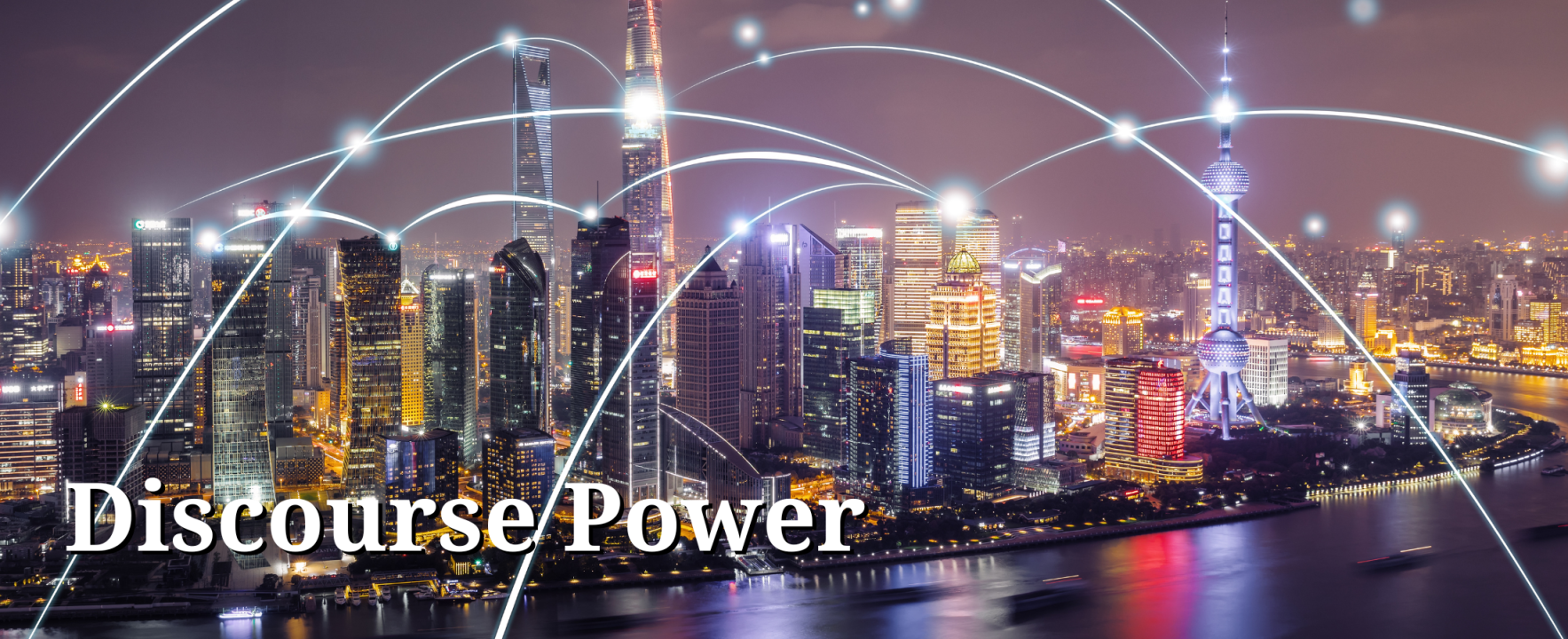
This series is part of a three-year research initiative examining China’s influence in the global information ecosystem. After baselining China’s strategy and the impact of its actions in communities across the globe, the final report outlines strategic recommendations for the U.S. government to counter PRC activities. This project finds that the United States will not be successful in addressing the challenges of Chinese influence if it sees that influence as separate from the interconnected economic, political, and technical domains in which its strategy is embedded.
explore discourse power

CHINESE DISCOURSE POWER: AMBITIONS AND REALITY IN THE DIGITAL DOMAIN
The report traces the evolution of China’s conception of discourse power and how it came to occupy a central role in China’s national strategy. It provides a map of how the party-state has been restructured, in part, to help operationalize China’s goals to gain discourse power globally.
CHINESE DISCOURSE POWER: CAPABILITIES AND IMPACT
Building on the first report’s analysis of China’s discourse power strategy, this second report examines its implementation through the lens of “media convergence” (融媒体). The report evaluates China’s efforts to expand its narrative reach, tailor content to specific audiences, and strengthen control over global digital infrastructure.
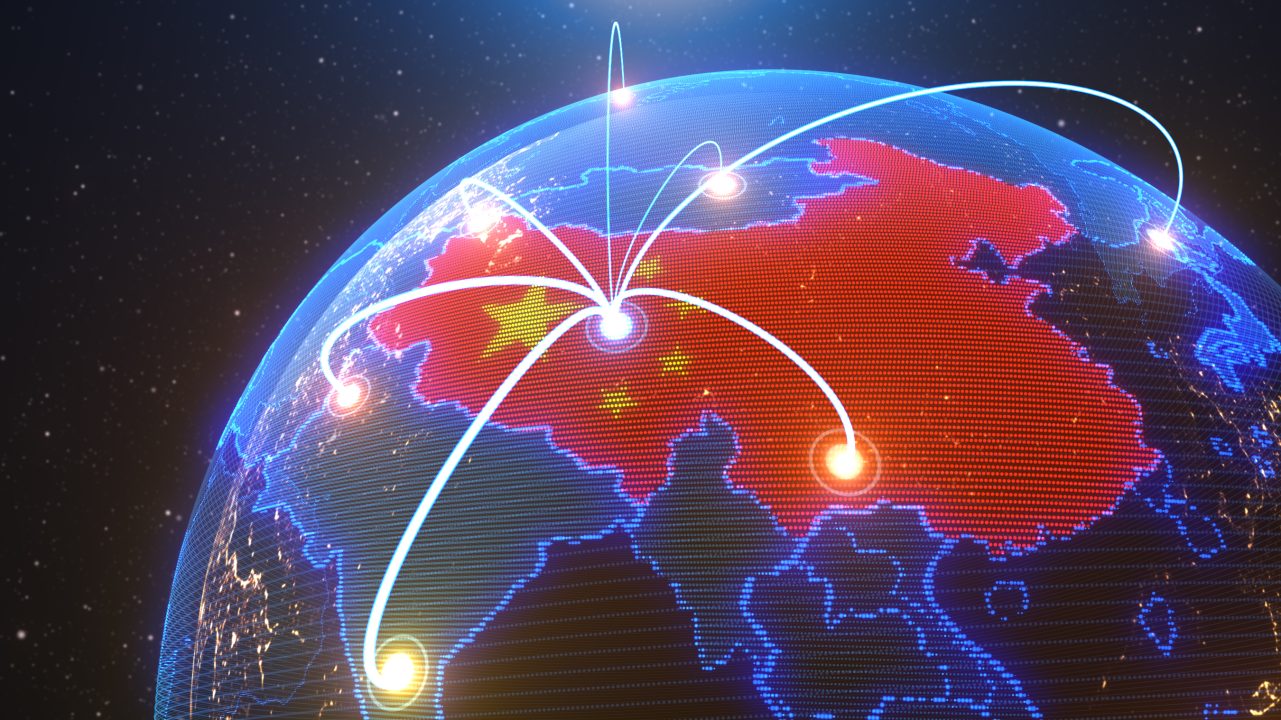
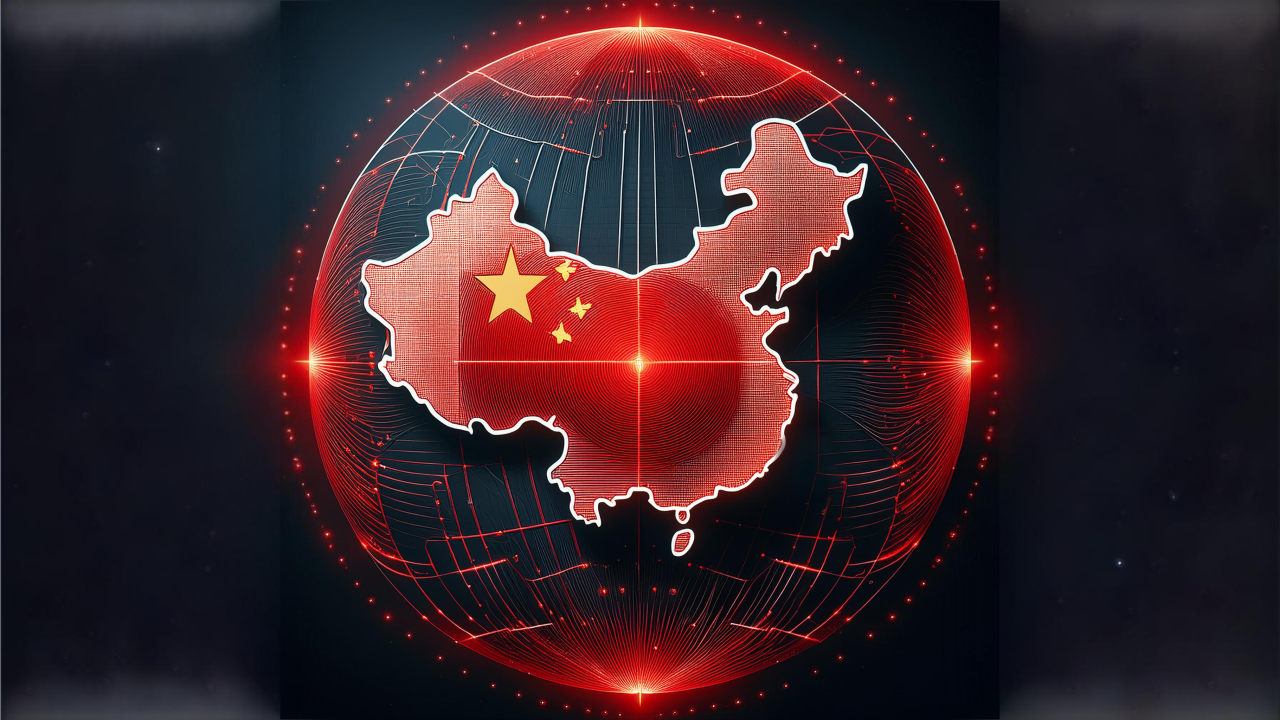
EFFECTIVE US GOVERNMENT STRATEGIES TO ADDRESS CHINA’S INFORMATION INFLUENCE
The focus of this report is on how the US government can best respond to China’s weaponization of the information domain, including the architecture, tools, and strategies that exist for addressing PRC influence and information manipulation, as well as any potential gaps in the government tool kit.
related content
Media
Our experts
Stay up to date on our upcoming events! Subscribe to The Source:



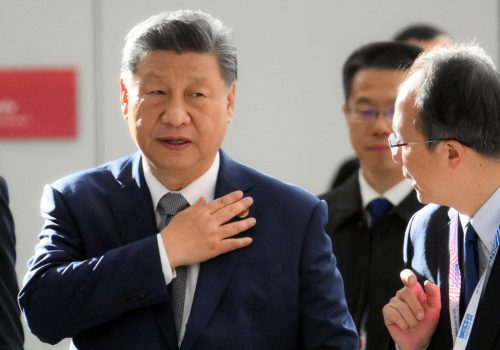
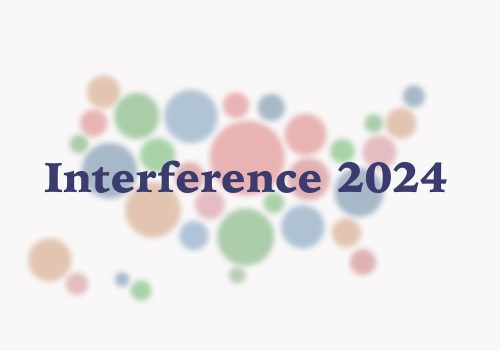


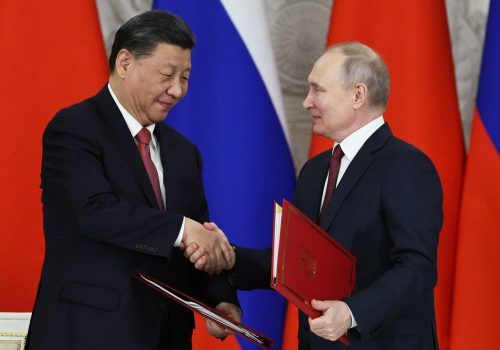


Follow the DFRLab on social media and never miss an event